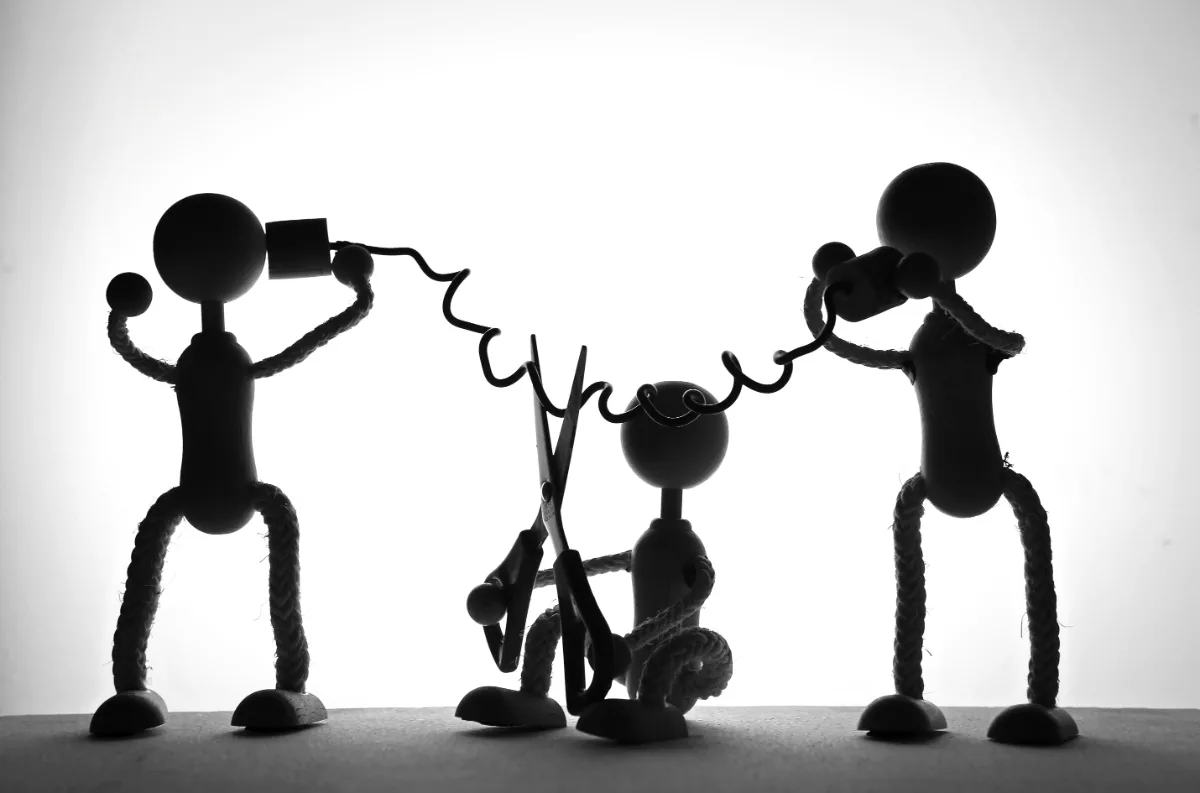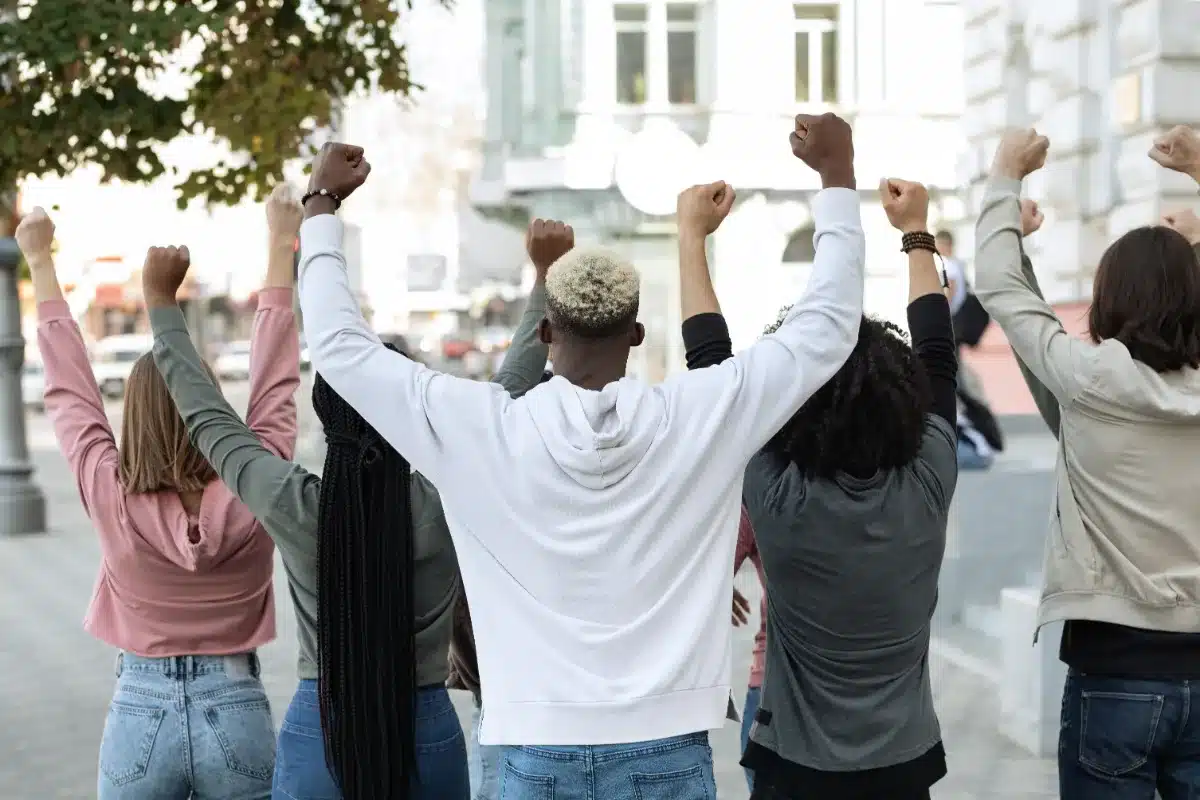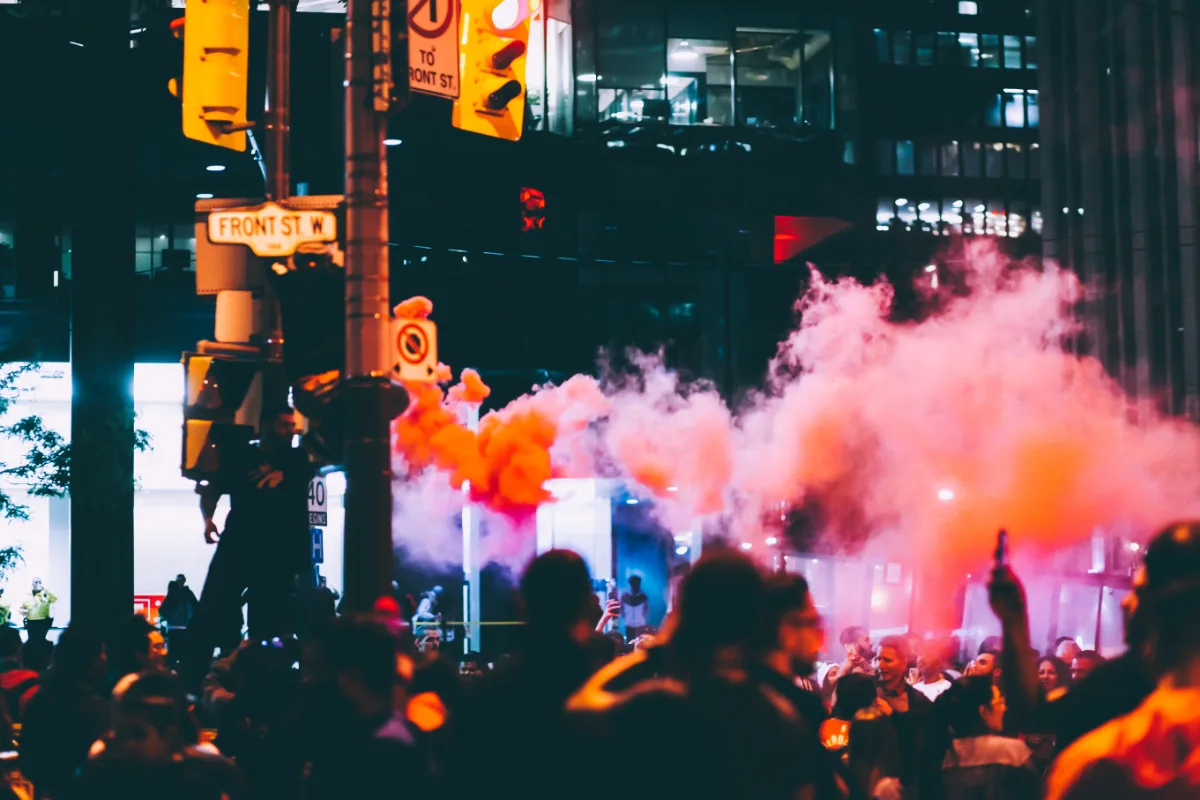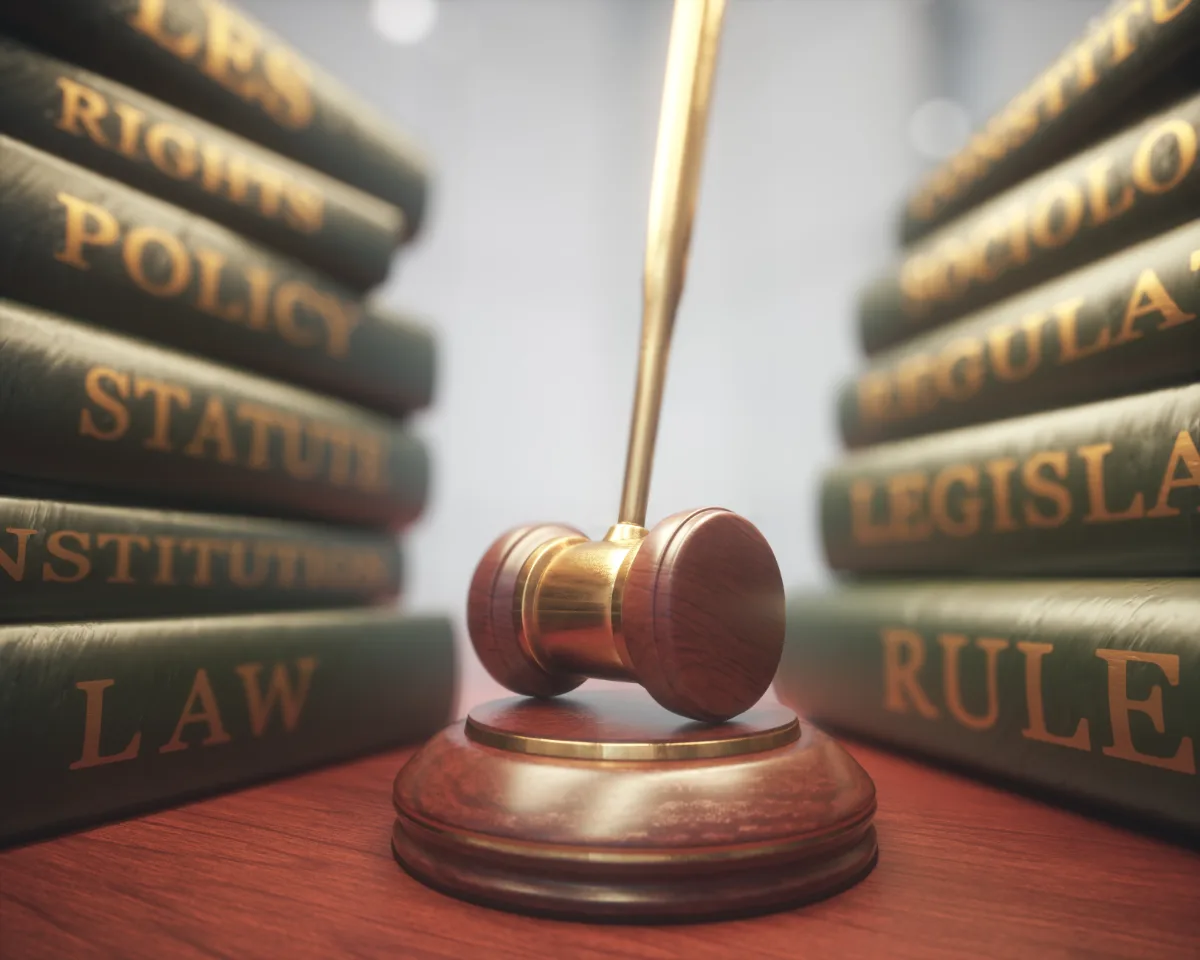WHAT IS DISRUPTING MEETING OR PROCESSION IN TEXAS? The Texas law against disrupting a meeting or procession prohibits obstructing or interfering with a meeting, procession, or gathering by physical actions or verbal utterances in violation of normal customs and rules of governance of a meeting. WHAT IS THE DISRUPTING MEETING...













